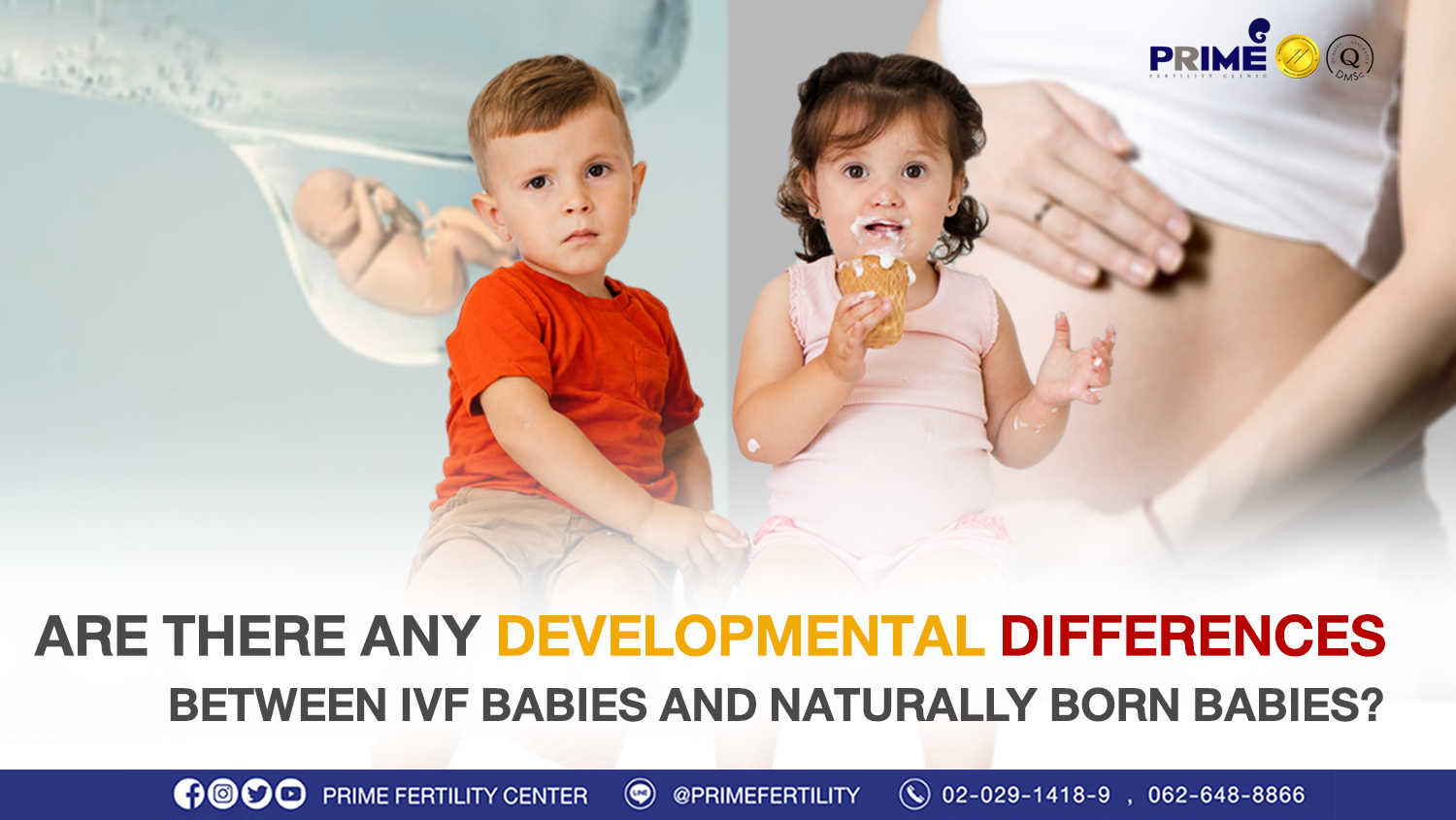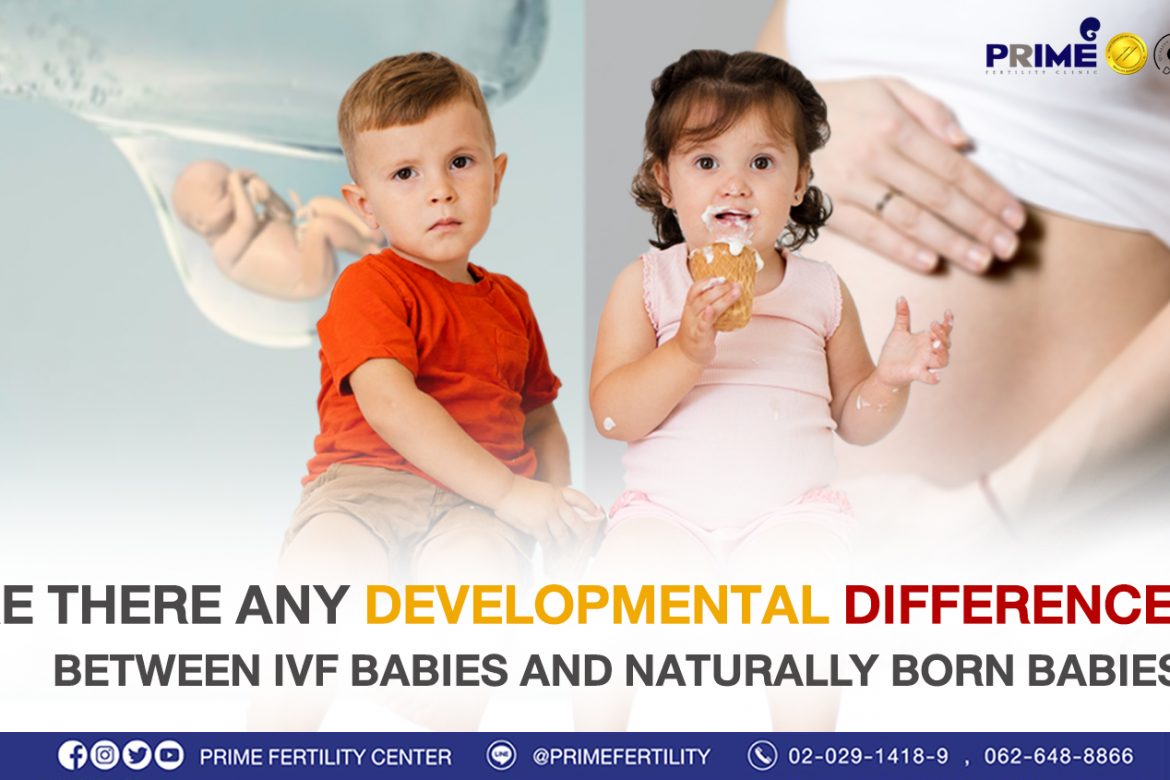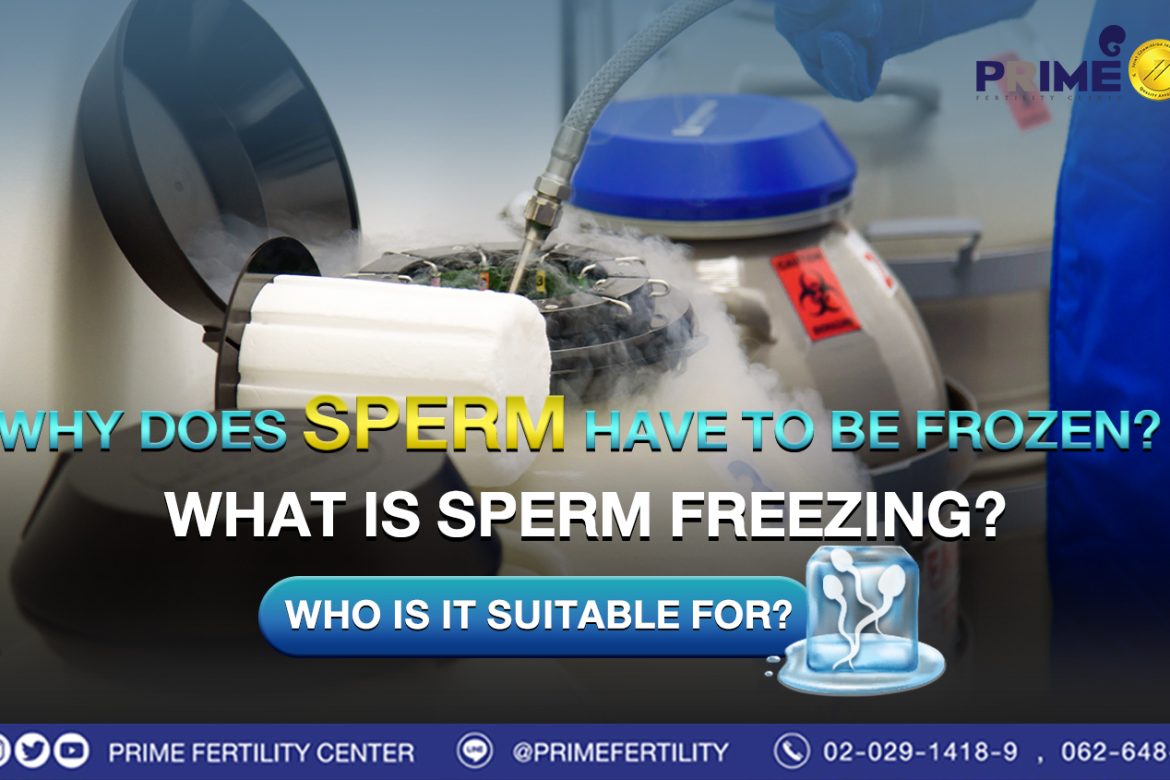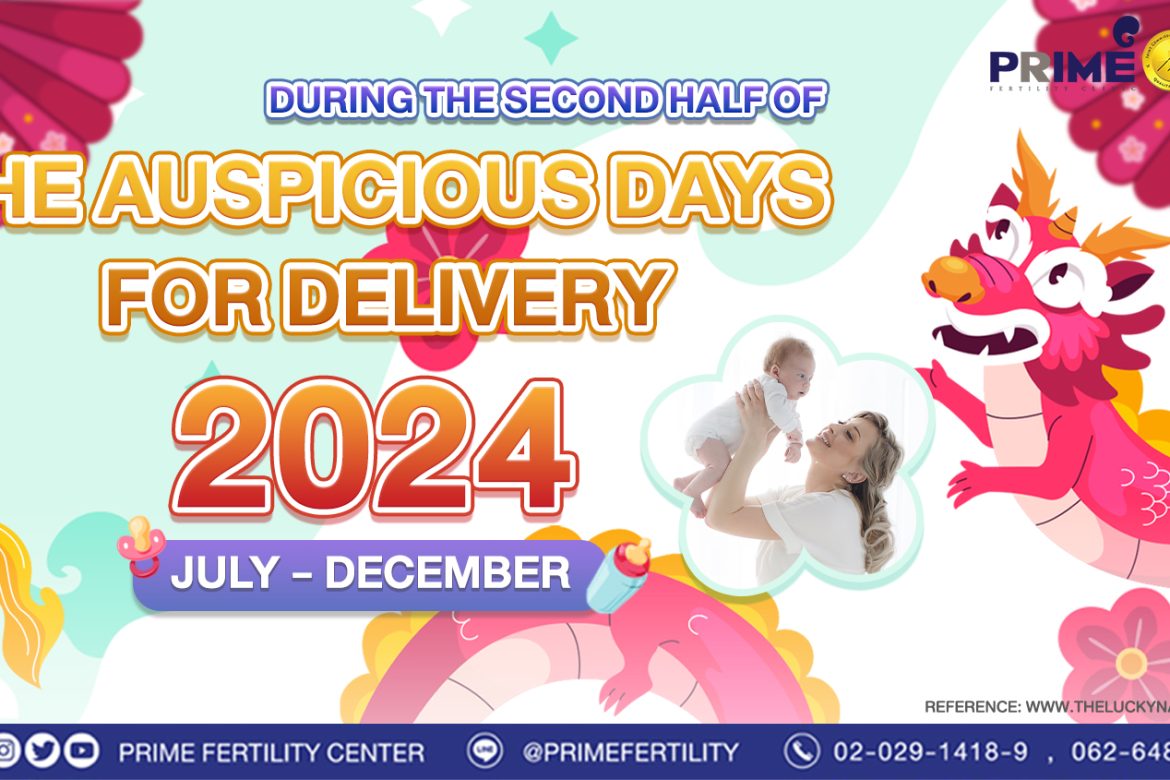There are many questions concerning about the risks of babies born from In Vitro fertilization; IVF.

Previously, we found a study on the risk of low birth weight and premature birth for pregnancy from Assisted Reproductive Technology; ART. However, there is insufficient information on the babies’ long-term development and body weight.
In the present, we discovered new research from the University of Bristol that has been published on JAMA Network Open. It is revealed that there are minor differences in development, body weight and fat levels in IVF babies. Plus, there is no discernible difference in teenage age when compared to naturally born babies.
The study, conducted by an international research group from Assisted Reproductive Technology and Future Health (ART-Health) Cohort Collaboration, assessed whether pregnancy by ART, which mostly involves IVF, whether it is associated with development, body weight, and body fat from infancy to early adulthood or not?
The team’s findings show that those who conceive by ART are on average shorter and lighter body weight from infancy up to early adolescence compared to naturally conceived fellows. However, these differences are small across all ages and decreased with older age. Plus, it will not cause any long-term health consequences.
Studies with larger samples of ART babies at older ages are currently necessary. Other outcomes such as cardiometabolic risk factors by ART also require investigation by collaboration networks to be developed as a part of the study. It will simplify future research into health outcomes following IVF babies by ART.
Source:
University of Bristol
Journal reference:
Elhakeem, A., et al. (2022) Association of Assisted Reproductive Technology With Offspring Growth and Adiposity From Infancy to Early Adulthood. Journal of the American Medical Association. http://doi.org/10.1001/jamanetworkopen.2022.22106
Reference: Prime Fertility Center Co., Ltd.
If you’re interested in ICSI, IUI, egg freezing or fertility checkup, kindly click here
ICSI (Intracytoplasmic Sperm Injection)
ICSI (Intracytoplasmic Sperm Injection) is an in vitro fertilization procedure with the laboratory technology. Both IVF and ICSI are comprising of similar procedures. But the difference is how sperm will fertilize an egg. In ICSI program, only one best sperm cell will be selected then injected directly into a fully matured egg. Patients will be prescribed some hormonal medications. Stimulating ovaries to produce several eggs. ICSI can make a pleasant fertilization rate. As well as reduces some fertilization problems or abnormalities caused from egg and sperm. For examples: multiple sperm fertilize an egg, sperm cannot penetrate the egg. The combined egg will transform to be an embryo after fertilization. Next, the embryo will be raised and will grow up among the appropriate environment inside a laboratory. Finally, the embryo will be transferred to the uterine cavity in order to implant then develop to be the fetus later on.
Couples who should receive the infertility treatment with ICSI program:
- Female’s age more than 35 years
- Stenosis for both sides of the fallopian tube
- Severe Endometriosis
- Ovarian hormone dysfunction for examples: Chronic Anovulation, PCOS (Polycystic Ovary Syndrome)
- Severe sperm abnormalities including sperm morphology, sperm count, sperm motility
- Male who is sterile or had a vasectomy but the body can still produce sperm. To extract sperm under this limitation, a surgical procedure will be performed such as PESA, TESA, TESE.
- Couples who have failed from previous IVF cycle
- Couples who prefer to screen the embryo’s genetic diseases
Frozen Embryo Transfer (FET)
Frozen Embryo Transfer (FET) is the process of embryo transplantation into the uterus after thawing frozen embryo. The patient can choose the FET date by convenient time e.g., 1-2 months after the fertilization process. The evidence supports FET in women more than 35 years of age are providing more pregnancy rates than FRESH embryo transfer.
Due to the inducing medication that the female takes to develop multiple of healthy ovum, the huge amount of hormones generated will weaken endometrium, consequently lessening the success rate of the transfer regardless of the perfect condition of embryos. Given the circumstance, the embryo transfer right away after ovum retrieval (FRESH transfer) may not be an effective protocol.
Moreover, a number of studies from various institutes found that FET offers better and higher chance of pregnancy than the FRESH transfer because endometrial tissue is in more proper state for embryos. Therefore, the doctor will consider which protocol fits best for each couple individually.



